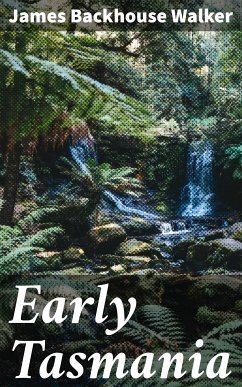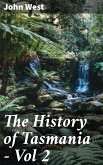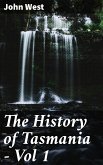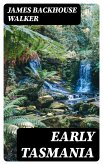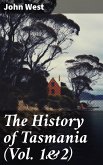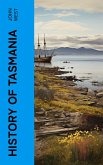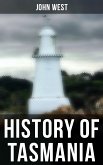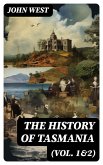In "Early Tasmania," James Backhouse Walker presents a compelling and erudite exploration of Tasmania's formative years. Through a meticulous blend of historical accounts, personal observations, and geographical insights, Walker crafts a narrative that illuminates the island'Äôs early colonial experiences, indigenous interactions, and environmental transformations. His literary style is marked by precise language and vivid descriptions, which reflect both an empirical approach and a deep appreciation for the natural world. Positioned within the broader context of 19th-century colonial literature, Walker's work emerges as a crucial document that responds to the tensions between burgeoning colonial ambitions and the realities of indigenous presence and ecological stewardship. James Backhouse Walker was an influential figure in Tasmanian history, known not only for his writings but also for his roles as a naturalist and a social reformer. His background in botany and his deep connection to the Tasmanian landscape permeate the text, providing an authentic perspective shaped by both scientific inquiry and a commitment to understanding the land and its peoples. Walker's diverse experiences and interests inform his thoughtful critiques of colonialism and his advocacy for responsible environmental practices. "Early Tasmania" is indispensable for readers interested in colonial history, environmental studies, or Aboriginal rights. Walker's insights and reflections provide a richer understanding of how Tasmania's past continues to resonate in contemporary discourse. This book is a call to engage critically with history, making it a must-read for scholars and casual readers alike.
Dieser Download kann aus rechtlichen Gründen nur mit Rechnungsadresse in A, B, BG, CY, CZ, D, DK, EW, E, FIN, F, GR, H, IRL, I, LT, L, LR, M, NL, PL, P, R, S, SLO, SK ausgeliefert werden.

